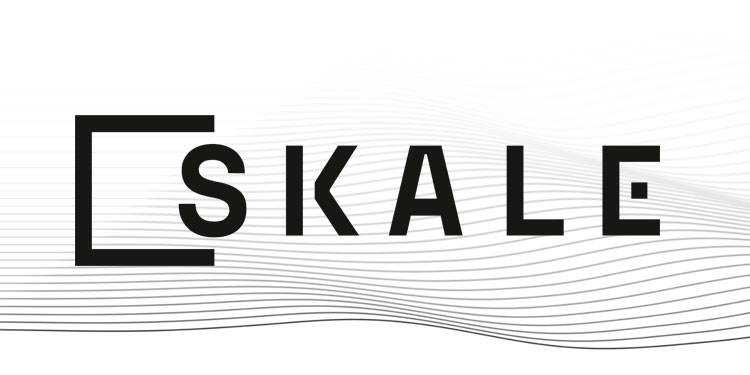Skale Labs, a blockchain company known for its Ethereum-compatible and gas-less architecture, has announced a strategic partnership with Unity to support the development of blockchain-based games. Based in San Francisco, Skale Labs is designed to facilitate secure Ethereum scaling without the computing fees typically associated with blockchain transactions.
Jack O’Holleran, CEO of Skale Labs, discussed the partnership in an interview, noting that his company will be a primary blockchain partner in Unity’s publisher support program. This collaboration allows developers using Skale to access Unity’s premier services for Web3 game development. O’Holleran emphasized that both companies share a vision of prioritizing developer success, which they believe is key to their own success.
Unity’s Leading Role in Game Development
Unity is recognized as the world’s leading platform for creating and growing real-time games, applications, and experiences across multiple platforms, boasting 1.2 billion monthly active users. O’Holleran noted the significant growth of Web3 over the past two years, highlighting the integration of alternative monetization and liquidity mechanisms within games. He explained that Skale is stepping up as the first blockchain partner to join Unity’s publisher program, providing select developers within the Skale ecosystem with premium support from Unity.
Skale has been averaging 50 million transactions per month and hosts around five million unique active wallets, including five of the top 20 blockchain games on its network. O’Holleran pointed out that while the number of people playing Web3 games is still small compared to the global gaming population, the growth rate is substantial.
Empowering Developers with Enhanced Support
The collaboration between Skale and Unity aims to empower game developers with enhanced support services, enabling them to fully leverage Unity’s game development platform while utilizing Skale’s gas-less blockchain architecture. This partnership allows Skale to provide comprehensive services to developers, including strategic advisement, best practices guidance, bug handling, project reviews, and support for technical art and architecture, coding, and performance.
Andrew Boushie, from Unity’s client partnerships, expressed excitement about the collaboration, stating that Unity’s publisher support services will now empower Skale developers to build secure and immersive gaming experiences more confidently. He highlighted that these services would reduce game development costs and time to market.
Skale Network’s Expanding Ecosystem
Skale Labs, founded in 2018 by O’Holleran and Stan Kladko, has grown to serve over 10 million monthly active users as of Q1 2024, saving billions in monthly gas fees with its modular architecture. The Skale network features high performance, zero gas fees, enhanced security, and instant finality, making it ideal for various decentralized applications, including games, AI, SocialFi, and Web3 applications. Developers on the Skale network can deploy their own EVM-compatible blockchain, utilizing advanced features such as AI/ML smart contracts, on-chain file storage, interchain messaging, and zero-cost minting.
Skale Labs has raised $30 million to date, with a team of 50 people and around a thousand developers working on projects within its network. There are over 800 nodes supporting the Skale network.
Overcoming Industry Challenges
O’Holleran identified the stigma against blockchain in the mass market as a significant barrier, which he believes is rapidly diminishing. He emphasized that Skale’s zero gas fees and seamless custodial wallet integration remove many of the hurdles that have traditionally hindered blockchain adoption. He expressed optimism about the future, indicating that the company is on the verge of a major breakthrough, with user numbers increasing dramatically.
This partnership between Skale Labs and Unity represents a significant step forward in the integration of blockchain technology with mainstream game development, potentially transforming the landscape of Web3 gaming. The collaboration aims to make blockchain-based games more accessible, secure, and efficient, paving the way for broader adoption and innovation in the industry.
